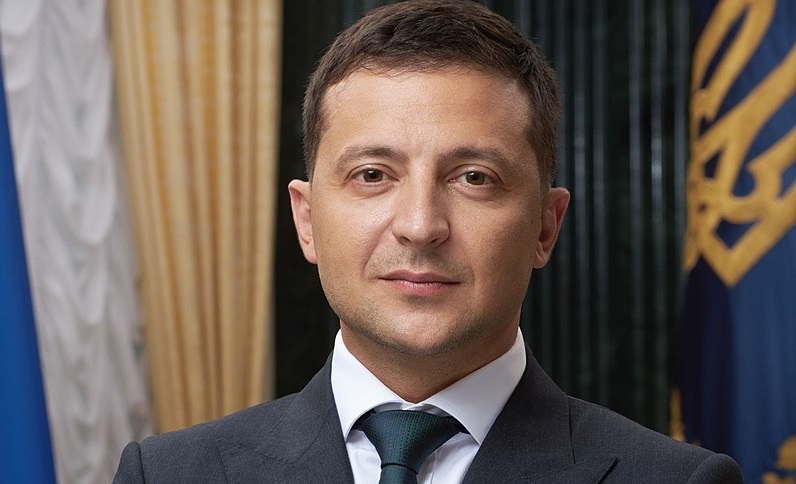
Germany Warns Ukraine on Anti‑Corruption Law
Germany has expressed concern over Ukraine’s recent legal changes that weaken the independence of its anti-corruption agencies. Berlin warned that such reforms could hinder Ukraine’s progress toward joining the European Union. The criticism comes after Ukrainian President Volodymyr Zelenskyy signed a law allowing the prosecutor-general to reassign cases and staff in the National Anti-Corruption Bureau (NABU) and the Specialized Anti-Corruption Prosecutor’s Office (SAPO).
Law Sparks Protests and International Backlash
The new law has triggered strong reactions both inside Ukraine and abroad. Thousands of Ukrainians took to the streets in Kyiv and other cities, voicing fears that the move undermines transparency and democratic reform. Several European leaders have also raised concerns, calling the development a step backward in Ukraine’s long-promised anti-corruption efforts.
Anti-Corruption Bodies Key to EU Entry
Both NABU and SAPO were established to fight high-level corruption and are seen as pillars of Ukraine’s EU candidacy. European Union officials have repeatedly stressed that maintaining the independence of these bodies is non-negotiable for accession talks. Germany’s statement signals a growing unease within the EU about Ukraine’s commitment to reform.
Zelenskyy Defends the Change
President Zelenskyy has defended the decision, saying it was necessary to prevent external manipulation during wartime and ensure tighter internal oversight. He has promised to release a revised action plan within two weeks aimed at reinforcing trust in anti-corruption processes.
EU Aid and Membership Talks Could Be Affected
European officials have hinted that continued financial aid and further integration steps could be delayed if Ukraine fails to protect its reform achievements. The coming weeks will be critical as Kyiv decides whether to revise or repeal the controversial law under international and domestic pressure.


















